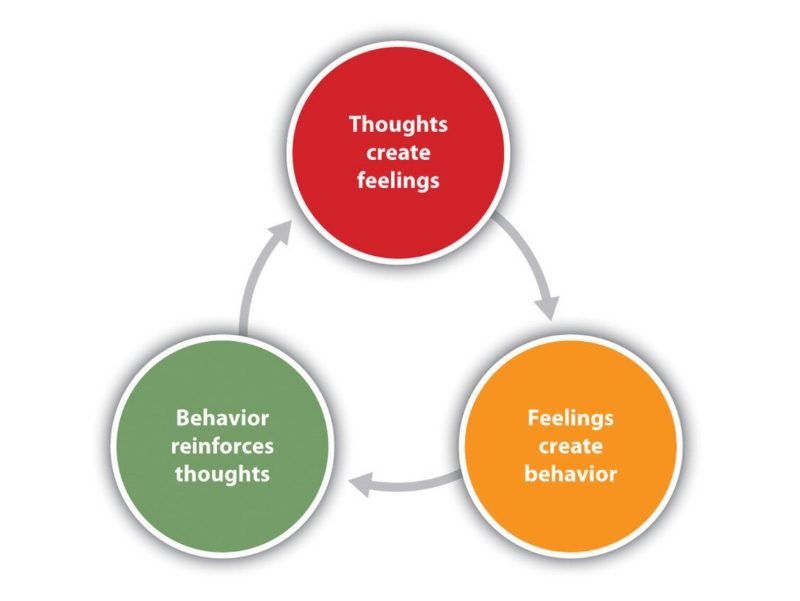CBT
Cognitive Behavioural Therapy
Operating on the principle that our thoughts, feelings, and behaviours are all interconnected, it shows that changing one can lead to changes in the others.

Key Components of CBT
Identifying Negative Thought Patterns
CBT helps individuals recognize distorted or unhelpful thoughts, such as overgeneralization or catastrophizing, that contribute to emotional distress.
This involves challenging and modifying these negative thoughts to develop more balanced and constructive thinking patterns.
CBT encourages engagement in positive activities to counteract patterns of avoidance and inactivity, which are common in conditions like depression.
Shifting Thoughts, Supporting Change
Setting SMART Goals in CBT
An essential aspect of CBT is setting specific goals to guide the therapeutic process. Effective goals in CBT are often structured using the SMART criteria:
Clearly define the goal.
Ensure the goal's progress can be tracked.
Set a goal that is attainable.
Choose a goal that is practical given the individual's circumstances.
Assign a timeframe for achieving the goal.
For example, instead of aiming to “reduce anxiety,” a SMART goal would be: Practice deep breathing exercises for 10 minutes each morning for the next two weeks to manage anxiety symptoms.
By focusing on these structured goals, CBT helps individuals make incremental changes that lead to significant improvements in mental health and overall well-being.
Start your CBT journey today—set meaningful goals, build practical skills, and create a path forward with expert support. Book your first FREE session now.
